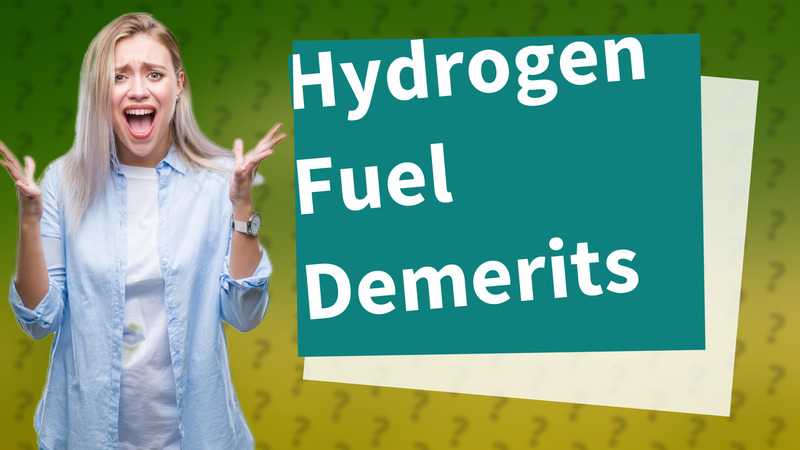
Explore the drawbacks of hydrogen fuel, including storage challenges and energy efficiency issues compared to electric vehicles.

Explore viable alternatives to hydrogen energy, including methane, electric batteries, and biofuels for a sustainable future.

Discover the best fuel options for your vehicle based on efficiency, cost, and environmental impact in this insightful guide.

Learn how to convert your petrol car to CNG for cost savings and lower emissions.
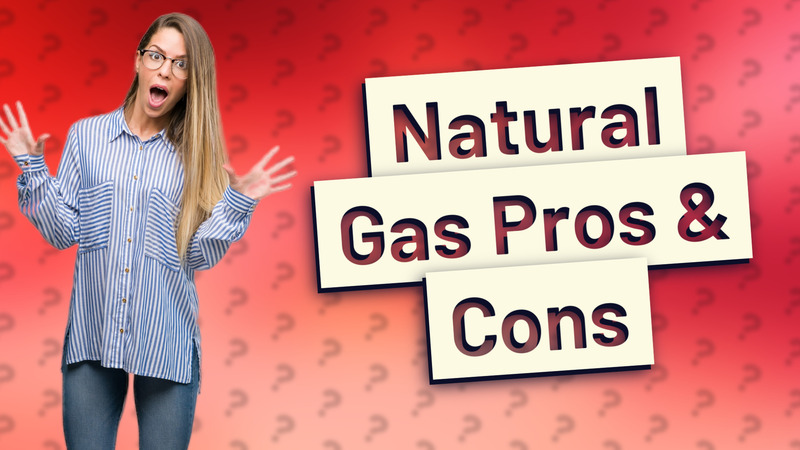
Discover the benefits and drawbacks of natural gas as an alternative fuel source in sustainable energy solutions.
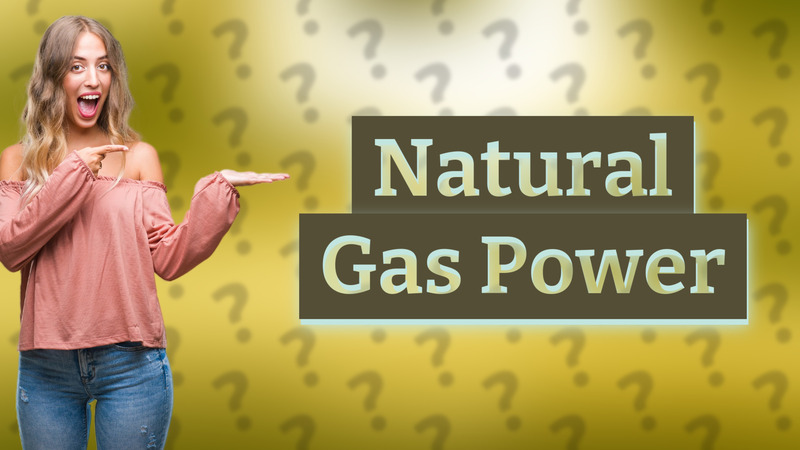
Discover why natural gas is an efficient and eco-friendly fuel option, ideal for various energy applications.
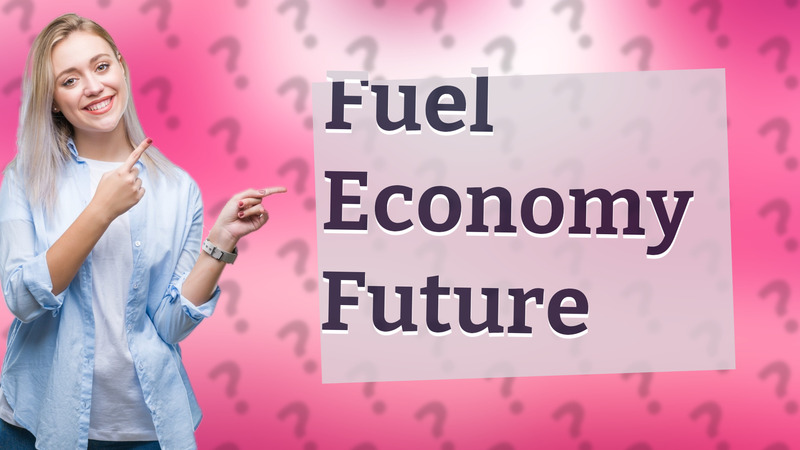
Discover the potential of hydrogen as a cheaper and sustainable alternative to diesel fuel, and the challenges ahead.

Discover why natural gas is a superior choice to petrol in terms of cost, emissions, and maintenance.

Discover CNG's benefits as a cleaner, cost-effective fuel alternative for vehicles. Explore its environmental impact and cost savings.
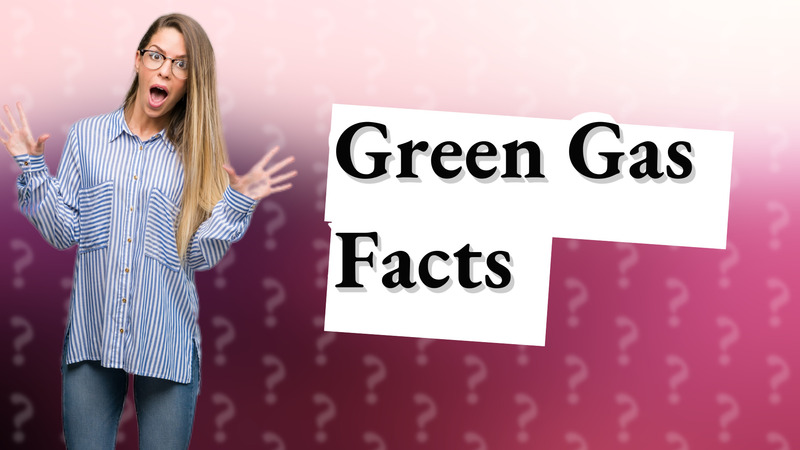
Discover why natural gas is considered a green fuel and its advantages over other fossil fuels.

Explore the pros and cons of gas fuel, its efficiency, cost, and environmental impact for better energy choices.

Discover how CNG stacks up against petrol in pollution levels and its impact on air quality.

Explore the pros and cons of CNG, including environmental benefits and conversion costs.

Explore the benefits of Compressed Natural Gas (CNG) over petrol, including efficiency, cost savings, and environmental impact.
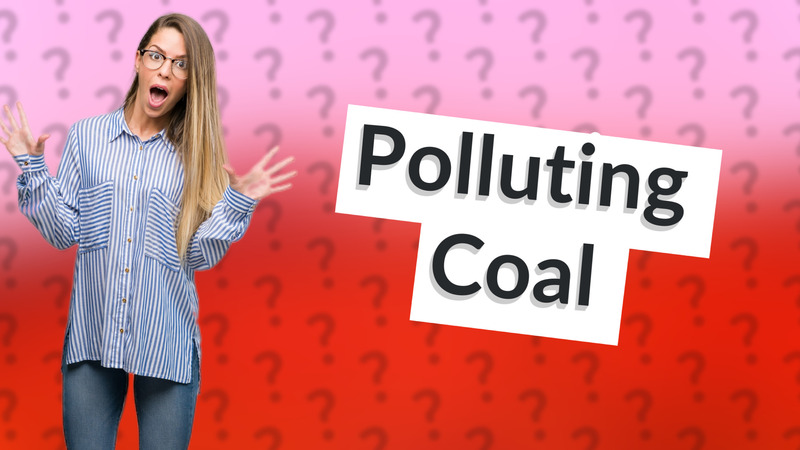
Explore why coal is considered the most polluting fuel and the importance of switching to cleaner energy sources.

Discover what CNG is, its uses in vehicles, and its advantages as an eco-friendly fuel alternative.

Learn why CNG is deemed a clean fuel and its environmental advantages, including reduced pollutants and greenhouse gas emissions.

Explore the reasons behind the low popularity of CNG in the USA, focusing on infrastructure and cost barriers.
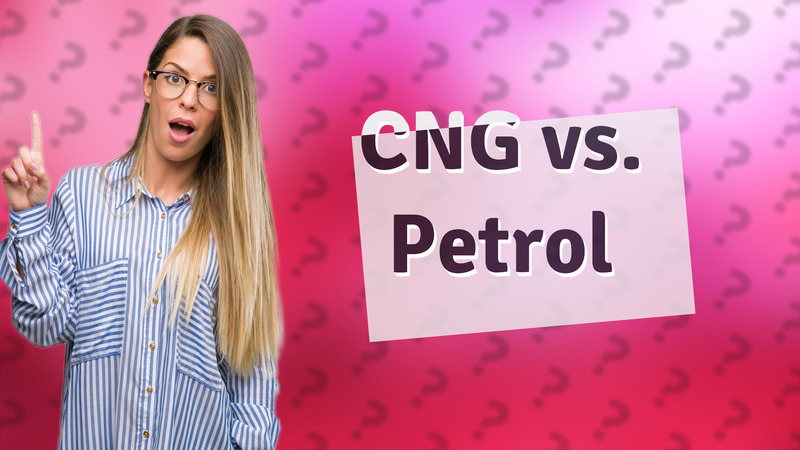
Discover why CNG is a cleaner, eco-friendly alternative to petrol, with fewer harmful emissions for better air quality.

Discover the cost-effective and eco-friendly benefits of using CNG as fuel for your vehicle.

Discover the CO2 emissions linked to CNG and explore cleaner energy alternatives for a sustainable future.

Discover how economical CNG is compared to traditional fuels like petrol and diesel.

Explore why electric vehicles may be cleaner than CNG and how energy sources impact emissions.

Discover why CNG is considered an eco-friendly fuel and how it benefits the environment by reducing harmful emissions.

Discover the environmental and cost benefits of Compressed Natural Gas (CNG) for vehicles. Learn more about this eco-friendly fuel alternative.
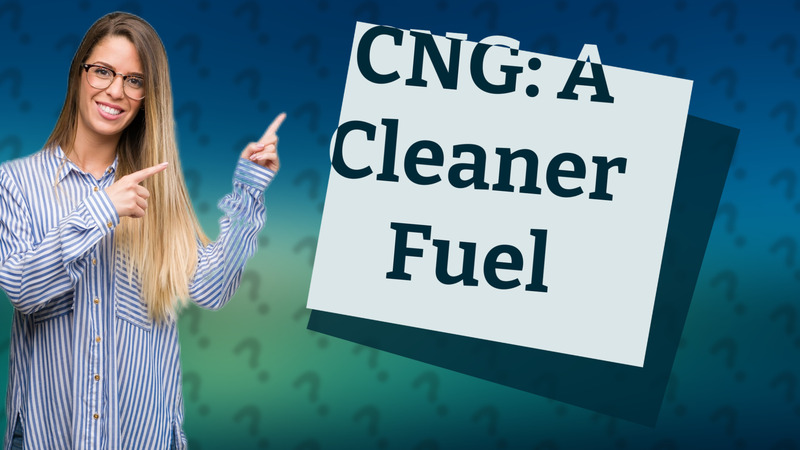
Discover how Compressed Natural Gas (CNG) improves air quality and reduces emissions compared to traditional fuels.

Discover how CNG compares to petrol in terms of emissions and environmental impact.
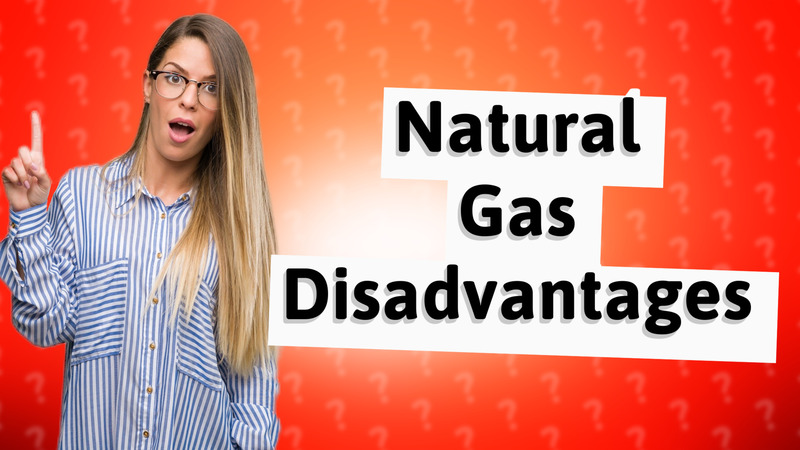
Explore the main disadvantages of natural gas as a fuel source, including emissions, infrastructure, and geopolitical factors.
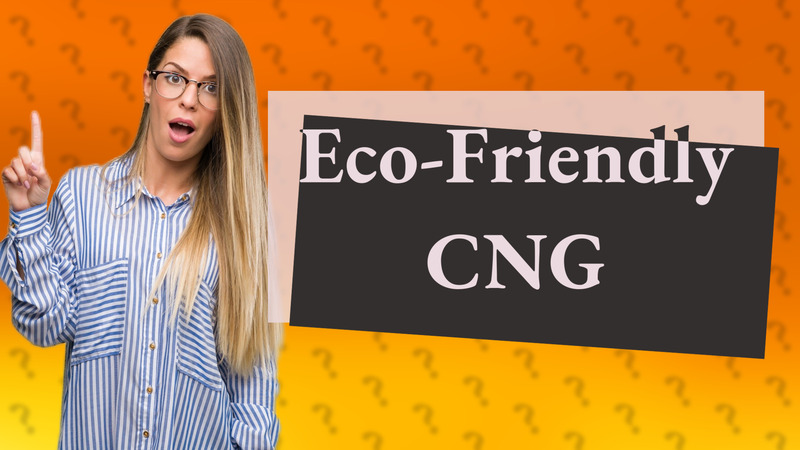
Learn why CNG (Compressed Natural Gas) is considered an eco-friendly fuel alternative. Explore its benefits and emissions.

Explore how CNG generators offer eco-friendly and cost-effective power solutions.

Discover why CNG is labeled eco-friendly, its emission benefits, and its role in sustainable transportation.
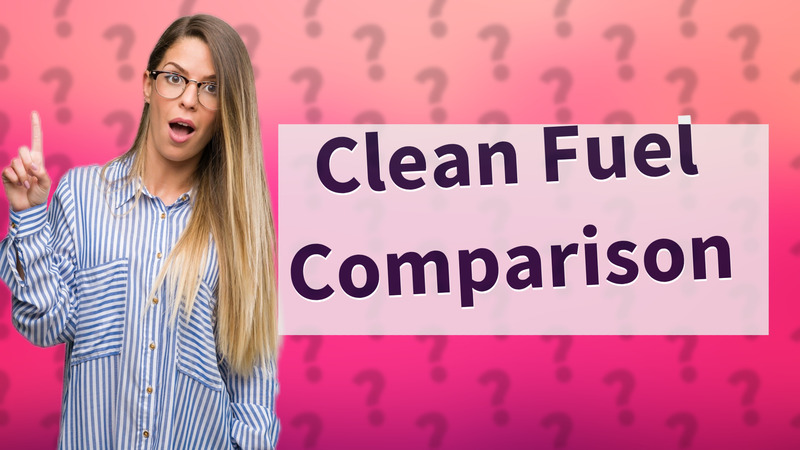
Discover why CNG is a cleaner, more efficient fuel option compared to coal, reducing pollution and greenhouse gas emissions.
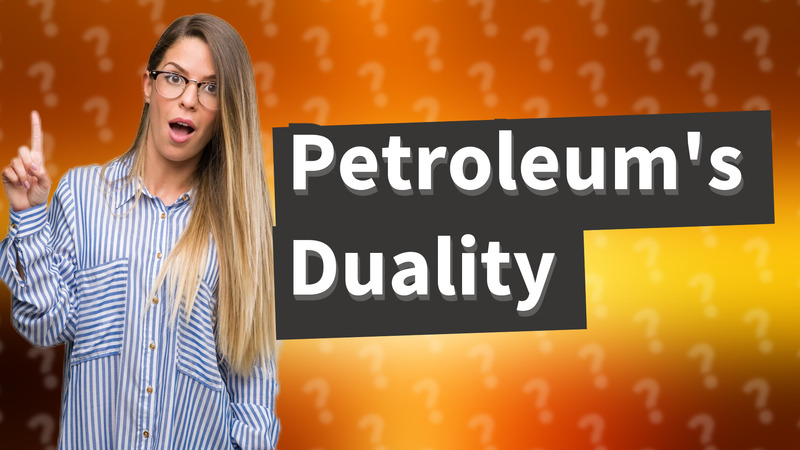
Discover the advantages and disadvantages of petroleum, its impact on economy and environment.
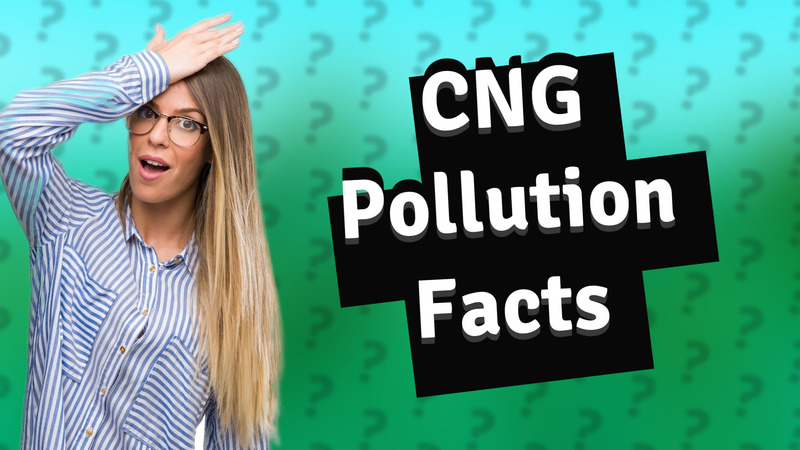
Discover the pollutants emitted from CNG and why it is considered an eco-friendlier option compared to traditional fuels.
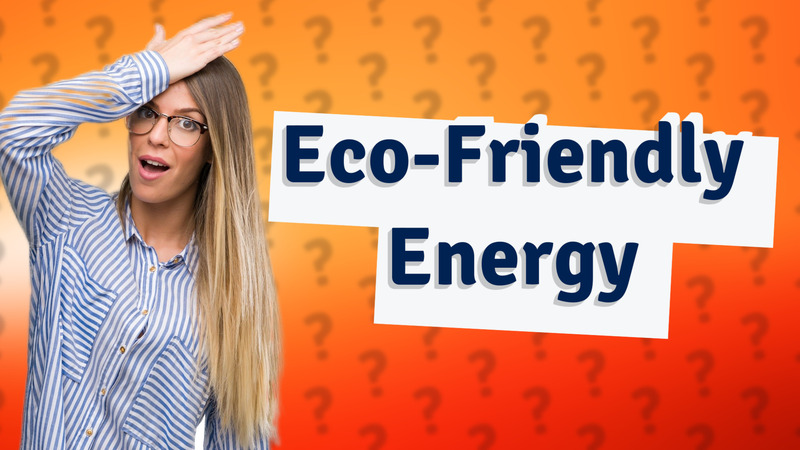
Discover how natural gas outperforms oil and coal in terms of environmental impact and energy efficiency.

Learn how to convert petrol to CNG safely and efficiently with professional guidance.

Discover whether CNG or diesel cars are the best option for you based on performance, eco-friendliness, and cost-efficiency.

Discover the key benefits of using CNG as a fuel alternative for vehicles, including cost efficiency and environmental safety.

Discover which liquids can damage rubber and learn how to protect your rubber products effectively.
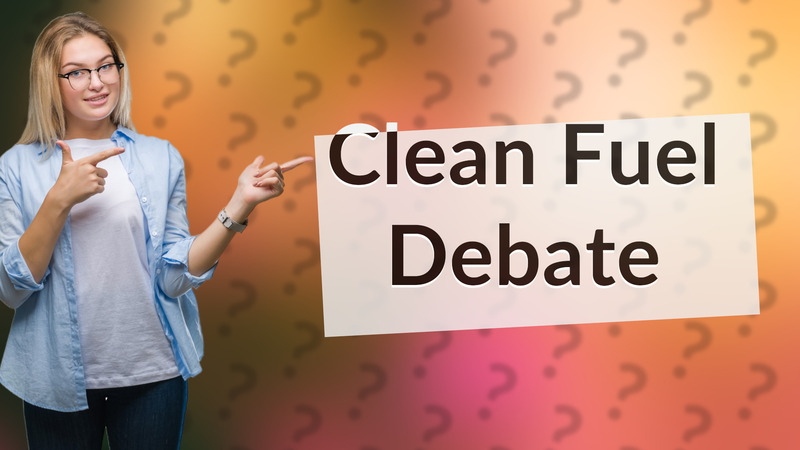
Discover the cleanest fuels and their environmental impact in our Q&A on pollution reduction strategies.

Discover the key environmental benefits of using Compressed Natural Gas (CNG) for cleaner air and a healthier planet.

Discover why natural gas is a clean, efficient, and cost-effective fuel source critical for today's energy landscape.

Discover why CNG (Compressed Natural Gas) is deemed a clean fuel and its advantages over traditional fossil fuels.

Discover why CNG is considered a cleaner fuel option compared to traditional gasoline and diesel.
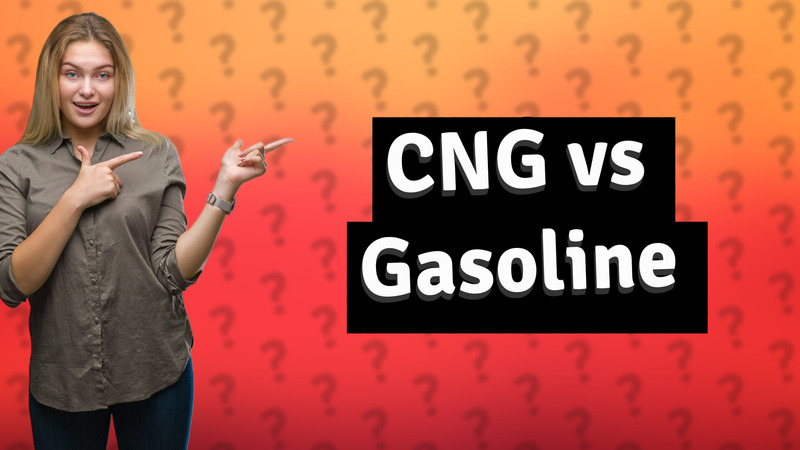
Discover how CNG compares to gasoline in carbon monoxide emissions and its impact on air quality.

Explore the environmental impacts of kerosene, from air pollution to ecosystem contamination.
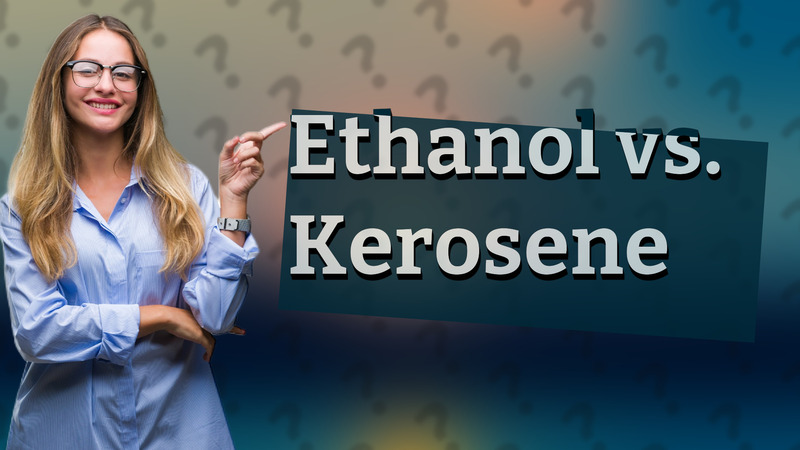
Explore why ethanol is considered a cleaner, renewable fuel option compared to kerosene.
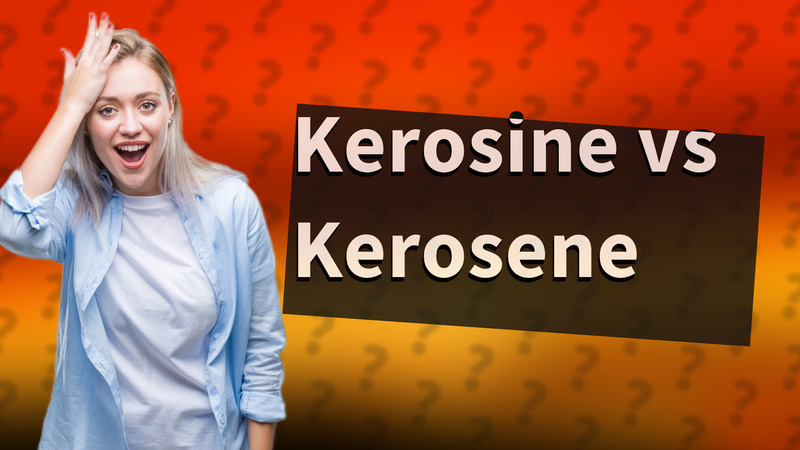
Discover the key differences between kerosine and kerosene, their uses, and spelling variations.

Discover the environmental effects of kerosene, including its pollution risk and contribution to climate change.